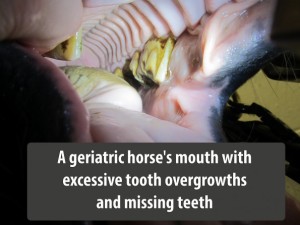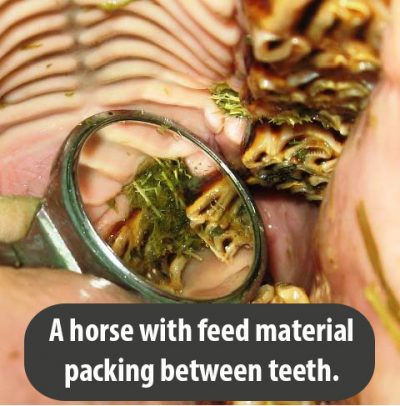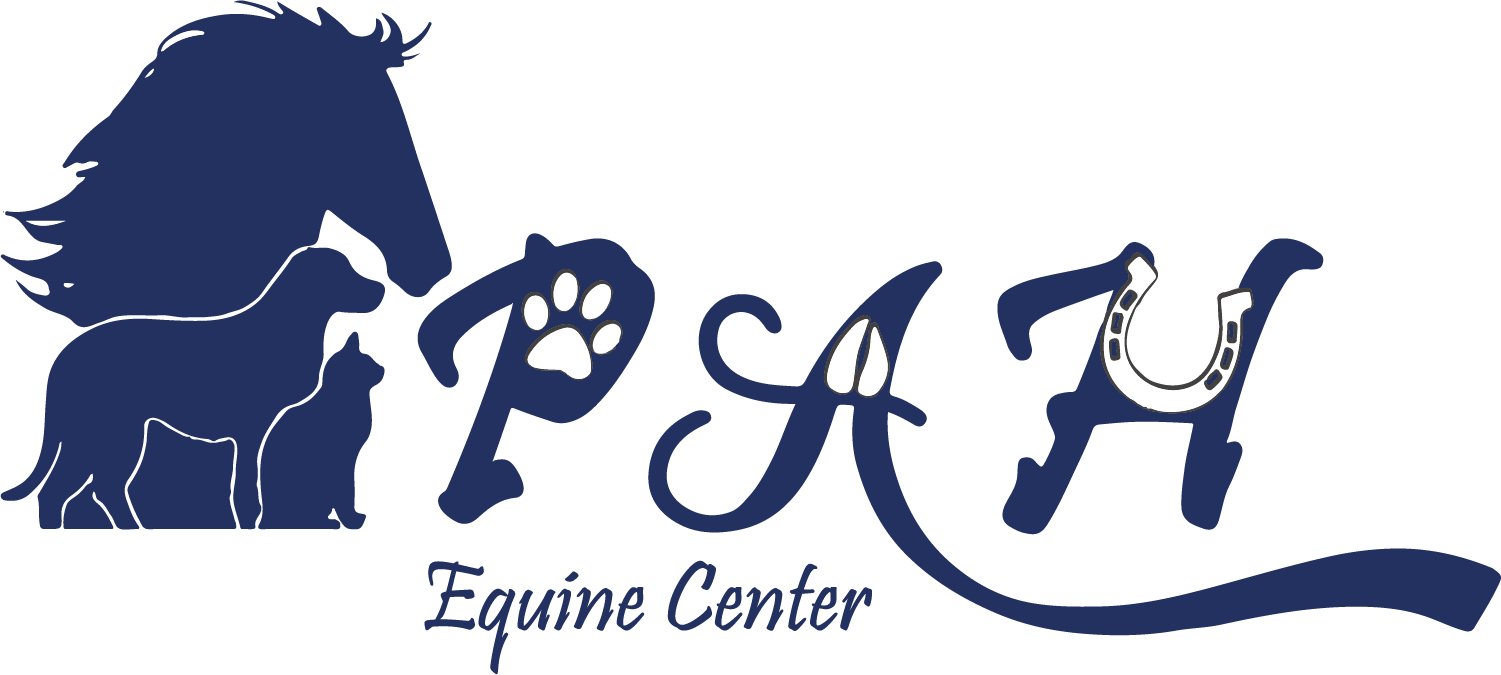
Although age is not a disease, it does increase the risk of certain diseases. The horse’s mouth, like other portions of the body, is not exempt from the effects of age. A veterinarian will tell you that annual oral examinations are an important part of your horse’s overall health care, and this certainly holds true in the geriatric horse.

Yet at what age does a horse become “geriatric”? The most correct answer to this question is that it depends on the breed, management practices, and type of work the horse has done. However, some important timelines have been established in horse oral health care. For example, it has been demonstrated that in horses over the age 15 years, 60% of them have developed some degree of periodontal disease. In donkeys it is known that as they reach the age of 20 years, the prevalence of serious dental abnormalities is very high (>88%).
There are many important changes that can be found in the mouth of a geriatric horse. Some of the changes are pathologic, while others are normal age related changes that result in secondary pathology including loss of the tooth. Regular examinations by your veterinarian can help to detect these changes at the earliest possible time, and thus increase the potential for treating the problem without tooth removal. It is important to not wait until your horse is demonstrating signs of oral discomfort, as often time changes within the dental arcades would have been present for an extended period of time prior to the horse showing clinical signs.

I recommend that geriatric horses have oral examinations a minimum of once a year, but once abnormalities have been noted, then those examinations should increase to twice a year so as to try and prevent them from becoming severe enough to lead to tooth extraction. The horse mouth is no exception, as with any other situation, it is important that the owner and veterinarian work together to help maintain a healthy horse, geriatric or not. Despite the old adage, sometimes we should be looking the gift horse in the mouth.
What's Next
Call us or schedule an
appointment online.Meet with a doctor for
an initial exam.Put a plan together for
your pet.

